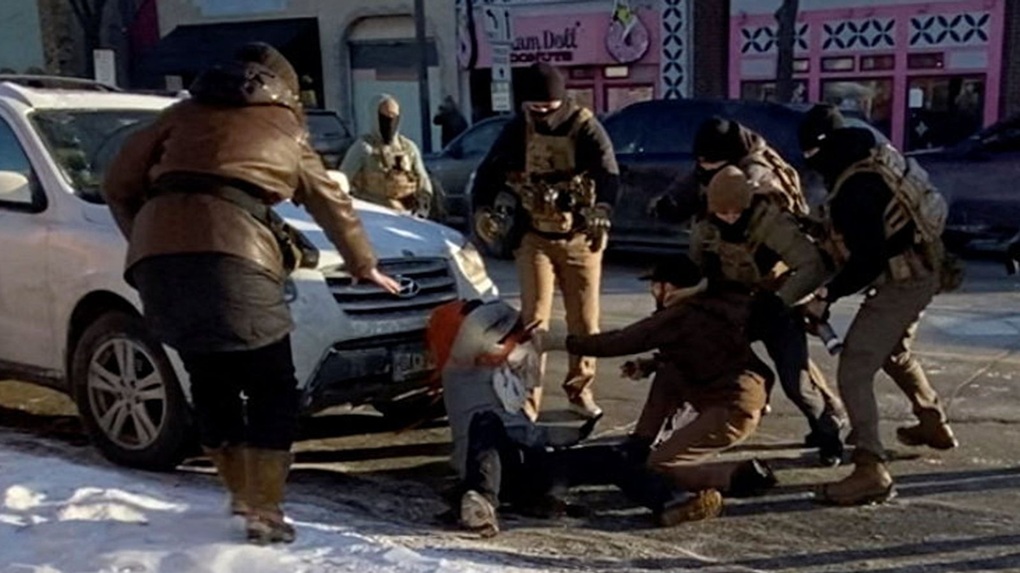
by: Dr. Haytham Mouzahem |
Today, Lebanon is witnessing an escalating Socio-economic crisis and financial collapse, in light of ongoing protests for two months and of the government’s resignation while disputes continue about the Prime Minister and the government form, as most of the protesters demand a government of technocrats. But the President of the Republic Michel Aoun, the "Free Patriotic Movement", Hezbollah, and the Amal's movement want a mix government of politicians and technocrats in which they participate with a number of ministers.
In these political, security and economic circumstances, the massive media continues with intimidation of a major monetary collapse in which the dollar reaches 4.000 pounds or more, along with external and internal threats with a long siege and hard years in which the Lebanese people would witness a famine similar to the famine of 1914.
Despite all these difficulties and crises, the international community and the Arab states do not care of assisting Lebanon in economic aids or political support, despite the fact that Lebanon is hosting about a million and a half million Syrian refugee, about 400 thousand Palestinian refugee and about 300 thousand foreign workers.
Meanwhile, Turkish President Recep Tayyip Erdogan is calling for the voluntary resettlement of a million Syrian refugee in a "peace zone" in northern Syria within a very short period.
Erdogan, whose country hosts 3.7 million Syrian refugee, told the International Refugee Forum in Geneva on Tuesday: "We need to find a formula that allows refugees ... who have traveled to Turkey to resettle in their country”..
Erdogan stated that it is possible to build housing and schools in the region to which some 371,000 Syrian refugee have already returned since Turkey started military operations to eliminate what it calls "terrorist organizations" in the region.
On the other hand, the Lebanese government is unable to return the Syrian refugees it hosts amid a Lebanese division over the way to return them or even the desire to return them mainly, between those who want to use these refugees to pressure the government of Syrian President Bashar Assad, especially in the upcoming presidential elections, and link their return to a political settlement, and between those who fear the resettlement of these refugees in Lebanon which would change the sectarian demographic nature.
Despite the efforts of the Lebanese General Security in cooperation with Hezbollah and the Syrian government that returned tens of thousands of Syrian refugees to Syria within two years, there are inconsistencies in the numbers of the returned refugees between the Lebanese General Security (nearly 100,000 refugee) and international statistics (about 15.000 refugee) and Russian statistics (55.000 refugee).
In all cases, this return did not reach the rate of ten percent of those refugee who have been residing in Lebanon for about 9 years and are putting pressure on the Lebanese economy and infrastructure, and they have cost the Lebanese state about 40 billion dollars so far, while international aid is limited and much of it goes to NGOs and some Lebanese ministries while some of them evaporate in the corruption.
Hence, in light of Lebanon’s socio-economic crisis, the current caretaker government, or the one it may be formed soon, must intensify the return of the Syrian refugees, rejecting the security pretexts, and fear for the safety of some of the opponent refugees. The establishment of Turkey as a "safe area" in northern Syria allows the Lebanese state to put these refugees between 2 or 3 choices, either by returning to the areas of the Syrian government control, or to the areas of the Turkish government control, or to the areas of opposition control in Idlib province.
Thus, the pretext of the necessity of the voluntary return of the refugee and fear for their security and safety falls away, since the opponent can return to the Turkish "safe area" or Idlib, while the Syrian refuges who is neutral or loyal to the Syrian regime he can go to other areas under the control of the Syrian government.
Due to the economic crisis that Syria suffers from and the depreciation of the Syrian pound against the dollar, as a result of the scarcity of the dollar in the Lebanese market and the presence of Syrian savings in Lebanese banks, the refugee will not return voluntarily to Syria as long as they find jobs in Lebanon, or as long as they receive cash and food assistance from the United Nations and its organizations and international charities in Lebanon.
However, in the event of an escalation of Lebanon’s economic crisis in the coming months, there may come a time when these refugees will not find jobs like their Lebanese brothers, even at lower wages, but they will suffer from the high rent and high prices of food, fuel, medicines, and others. It is better for these refugees to return to Syria and receive these cash, food and medical assistance in their country, which makes them in a better financial situation there due to the fact that living in Syria is cheaper than Lebanon, as a result of the government's support for food, medicine and fuel, and free medical and education.
After the escalation of the monetary crisis in Lebanon, some institutions and companies started in cooperation with the media and some activists to promote the idea of supporting Lebanese products, which is a good thing to praise, but the experience must be generalized and all Lebanese must be urged and obligated to grant jobs to the Lebanese exclusively in light of this crisis.
Hence, many foreign workers have started leaving Lebanon because of this crisis and the scarcity of the dollar.
As the Arab proverb says: Perhaps a harmful is beneficial!






